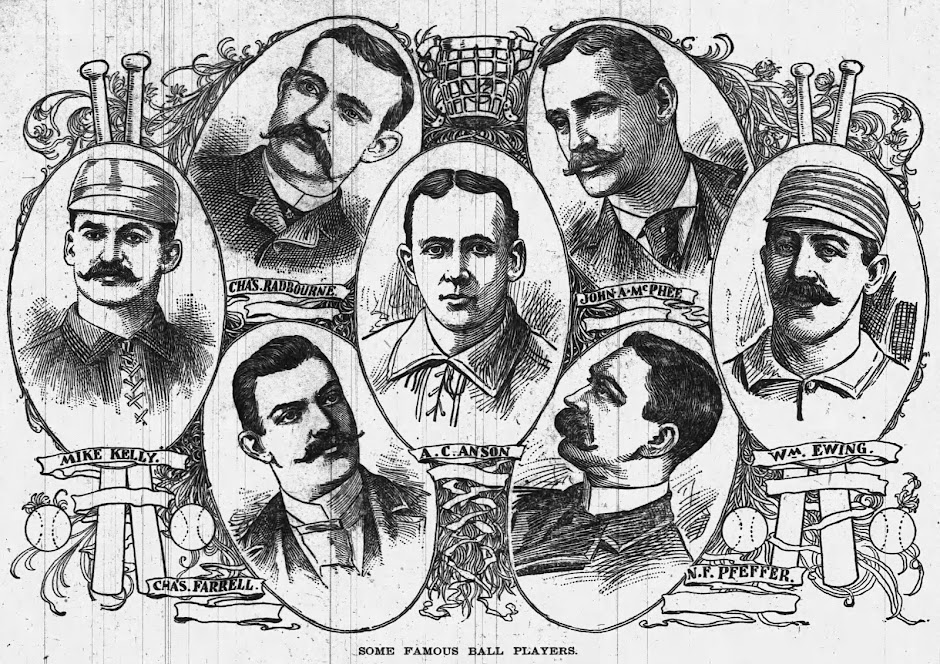The last part of scene 3 brings the whole court back to the stage, just as they were at the beginning of the first scene. This time, however, the factionalism that is dividing the court and, therefore, the country is out in the open for everyone to see. The issue at hand is whether York or Somerset should be the regent in France. Henry gets this off to a horrible start by saying it doesn't matter to him one way or another. As the Arden footnotes rightly notice this is one time where Henry's inability to rule is not hidden in religious overtones, he simply doesn't seem to care or doesn't want to make a decision which will certainly offend one or other other of the claimants.
At the same time there was another alternative which doesn't seem to have occurred to the young king - ask his Uncle who still serves as Lord Protector. It's hard to understand or explain why the option doesn't occur to the Henry because he does fall back on it later in the scene. Before, however, things can get that far, Gloucester's first words in the scene are the signal for the others to open up on Gloucester charging him with all everything under the sun from the losses in France to cruelty at home.
Humphrey's way of responding is understated and may not be appropriately appreciated. After responding to Margaret's original volly, he then listens without comment to multiple other charges and then simply leaves the stage without a word. When he does return about 15 lines later, he says that since he has dealt with his "choler" or anger, he is ready to talk about the affairs of state. This is similar to his behavior in the first scene where he leaves the stage rather than reopen his "bicker" with Beaufort. I don't think the importance of this cooling off before speaking can be over emphasized and I say that as someone who has struggled with a temper his whole life. There is a line in For Whom the Bell Tolls which is repeated over and over again to the effect that "anger is a form of weakness." To me that means that when we give into anger in our actions and speech, we are seldom as effective as we would otherwise be and, therefore, will be less successful in achieving our objectives.
We can see the truth of this in the way Humphrey responds to the charges both before and after leaving the room to cool down. When Margaret tells him the king has no need of a Protector, he simply says that's up to the king, to all the other charges he simply says prove it. In each case he stops the charges in their tracks by not debating their points, but challenging them to do what they can't do or won't do or at least not yet. It is far better to do something like that than to try to debate them or speak out of anger, no matter how tempting that might be. I think there is a tendency to laugh at the idea of counting to 10 or going outside to calm down even metaphorically, but I think it has some real value.
Once he has thus disarmed his opponents, Gloucester advises appointing York as regent until Suffolk introduces Peter's claim of treason against Horner. A totally befuddled Henry asks Gloucester what they should do and Humphrey prudently changes his position since York is under a cloud and further says that the law calls for trial by combat for the two men. At first I thought this sounded a cruel method of proceeding, but I have since read that it was the standard approach for claims of treason where there were no witnesses. Based on common sense and common law, Humphrey gives good advice, something that is at a premium in this court.


No comments:
Post a Comment